New website, same quality supplements & vitamins! Share feedback
Iron Supplements
Iron supplements are generally recommended for pregnant women who are suffering from anemia. They are also used to support women who experience particularly heavy menstrual periods. Iron supplements are generally recommended for those suffering from kidney disease. Iron supplementation can be prescribed for children as early as 4 months old and an iron supplement is a good way of ensuring that your family has sufficient iron.
Filters
-
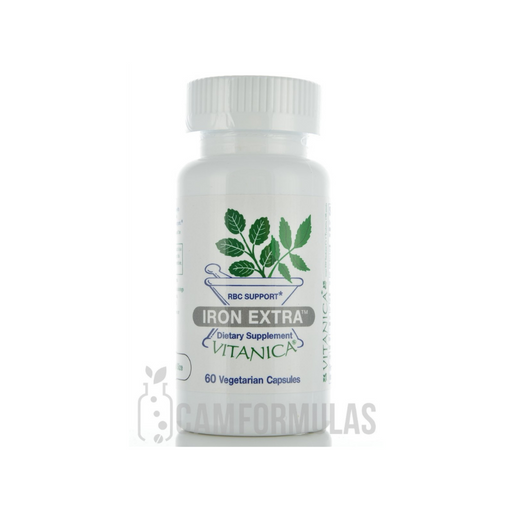 Sale
Sale
Iron Extra 60 capsules by Vitanica
Vitanica$21.90| /Iron Extra 60 capsules by Vitanica Iron is a fundamental mineral that is needed to support the bodyâs ability to transport and use oxygen. Withou...
View full details$21.90| /Sale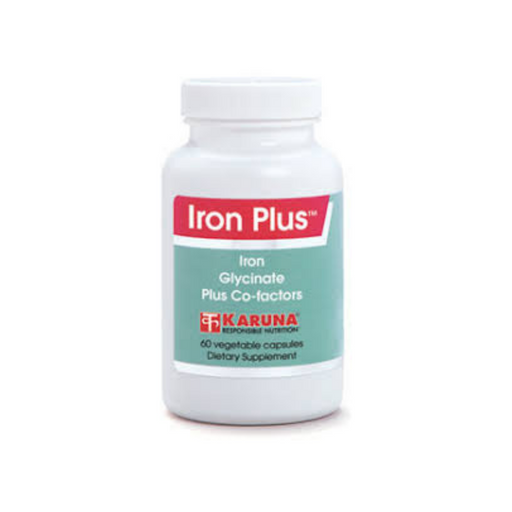 Sale
Sale
Iron Plus 60 vegetarian capsules by Karuna Health
Karuna Health$14.80| /Iron Plus 60 vegetarian capsulesAnemia is a deficiency of oxygen-carrying capacity of blood, typically caused by lack of iron and/or certain vitami...
View full details$14.80| /Sale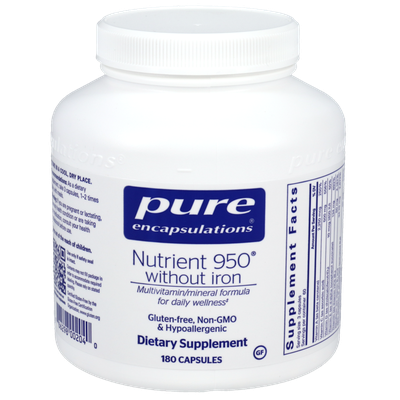 Sale
Sale
Nutrient 950 without Iron 180 vegetarian capsules by Pure Encapsulations
Pure Encapsulations$59.00| /Nutrient 950 without Iron 180 vegetarian capsules Multivitamin/mineral formula for optimal health. When it comes to the vitamins, minerals, and nut...
View full details$59.00| /Sale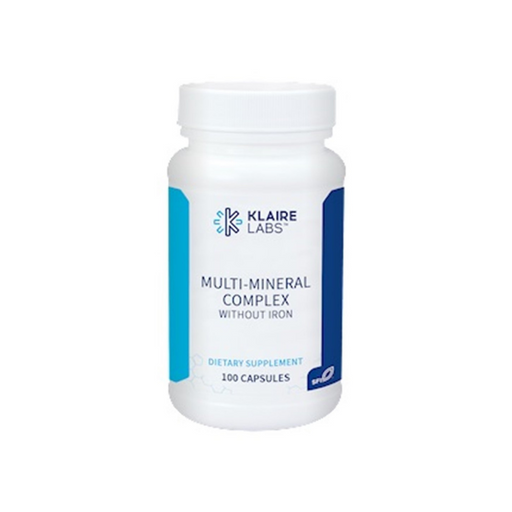 Sale
Sale
Multi-Mineral Complex without Iron 100 capsules by SFI Labs (Klaire Labs)
Klaire Labs$24.99| /Multi-Mineral Complex without Iron 100 capsules There are numerous minerals that are essential for health and wellbeing and they affect almost...
View full details$24.99| /Sale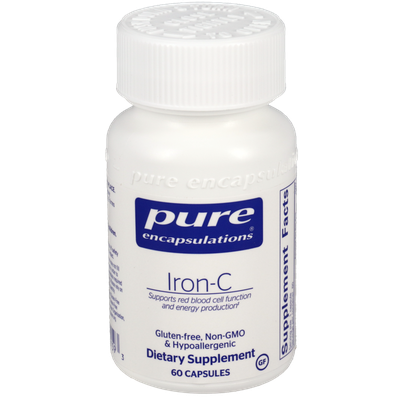 Sale
Sale
Iron-C 60 vegetarian capsules by Pure Encapsulations
Pure Encapsulations$13.20| /Iron-C 60 vegetarian capsules Iron and vitamin C formula designed to enhance intestinal absorption; supports red blood cell function and energy pro...
View full details$13.20| /Sale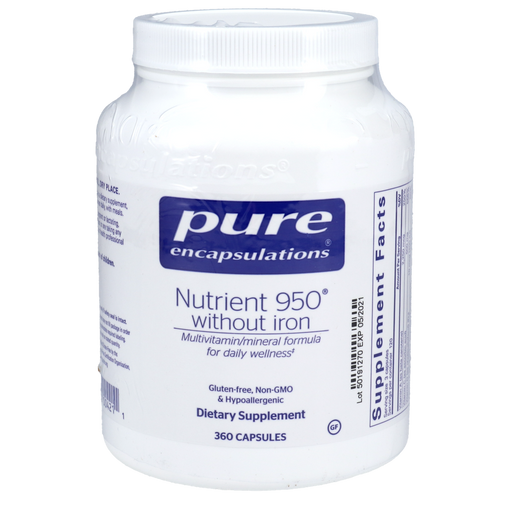 Sale
Sale
Nutrient 950 without Iron 360 vegetarian capsules by Pure Encapsulations
Pure Encapsulations$104.60| /Nutrient 950 without Iron 360 vegetarian capsules Multivitamin/mineral formula for optimal health. Your body needs a constant daily source of the n...
View full details$104.60| /Sale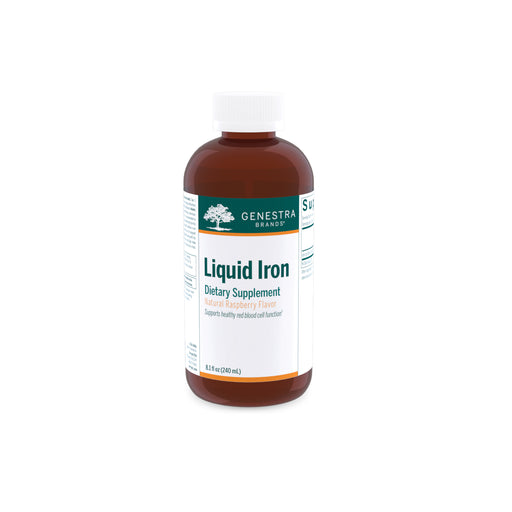 Sale
Sale
Liquid Iron Complex 8.1 fl oz by Genestra
Genestra$47.20| /Liquid Iron Complex 8.1 fl oz Iron is vital for transporting oxygen and oxygen rich blood is vital for supplying cells with the oxygen they need t...
View full details$47.20| /Sale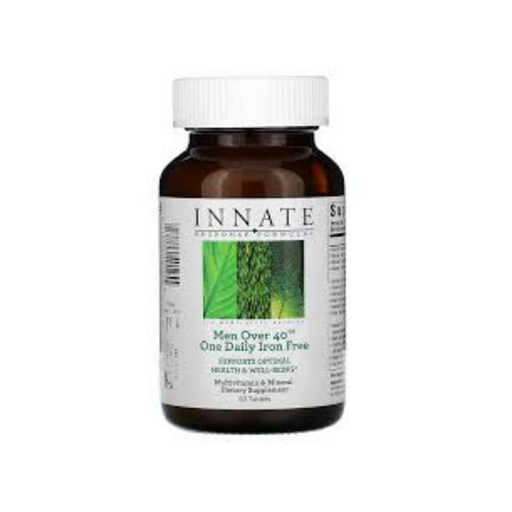 Sale
Sale
Men Over 40 One Daily Iron Free 60 tablets by Innate Response Formulas
Innate Response$44.96| /Men Over 40 One Daily Iron Free 60 tabletsMen Over 40 One Daily is designed specifically to provide a dynamic and complete nutritional foundation f...
View full details$44.96| /Sale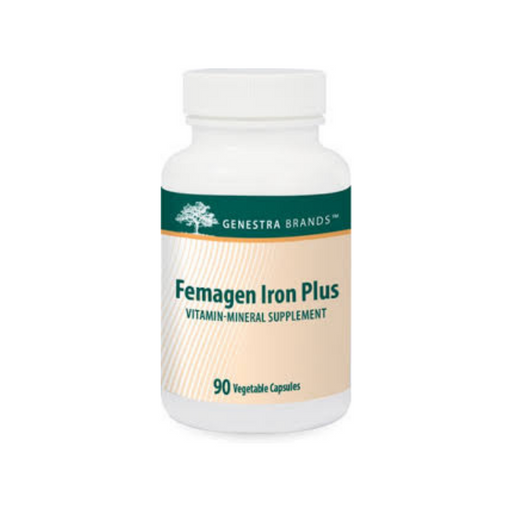 Sale
Sale
Iron 90 capsules by Genestra
Genestra$18.60| /Iron 90 capsules Exercise is vital as part of a healthy lifestyle, and it is therefore logical that fatigue or the inability to exercise can serio...
View full details$18.60| /Sale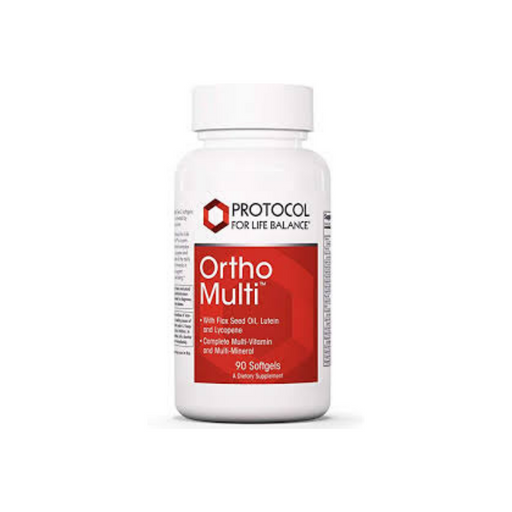 Sale
Sale
Ortho Multi Greens Iron-Free 180 vegetarian capsules by Protocol For Life Balance
Protocol For Life Balance$42.00| /Ortho Multi Greens Iron-Free 180 vegetarian capsulesOrtho Multi Greens Iron-Free 180 Vegetarian CapsulesDietary Supplement- Multivitamins with Gree...
View full details$42.00| /Sale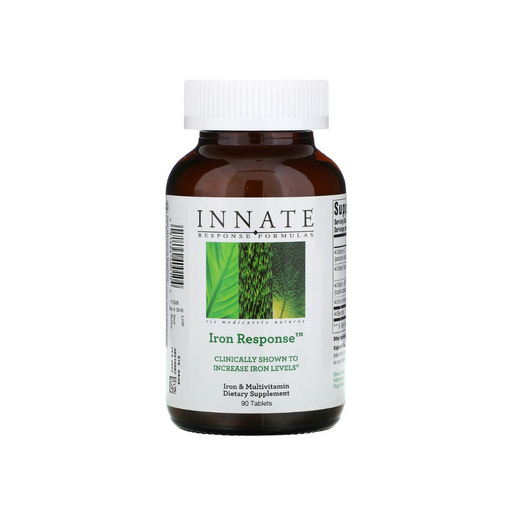 Sale
Sale
Iron Response 90 tablets by Innate Response Formulas
Innate Response$33.96| /Iron Response 90 tabletsIron Response is a nutritionally bioactive formula crafted from 100% whole food nutrients vital to the healthy production o...
View full details$33.96| /Sale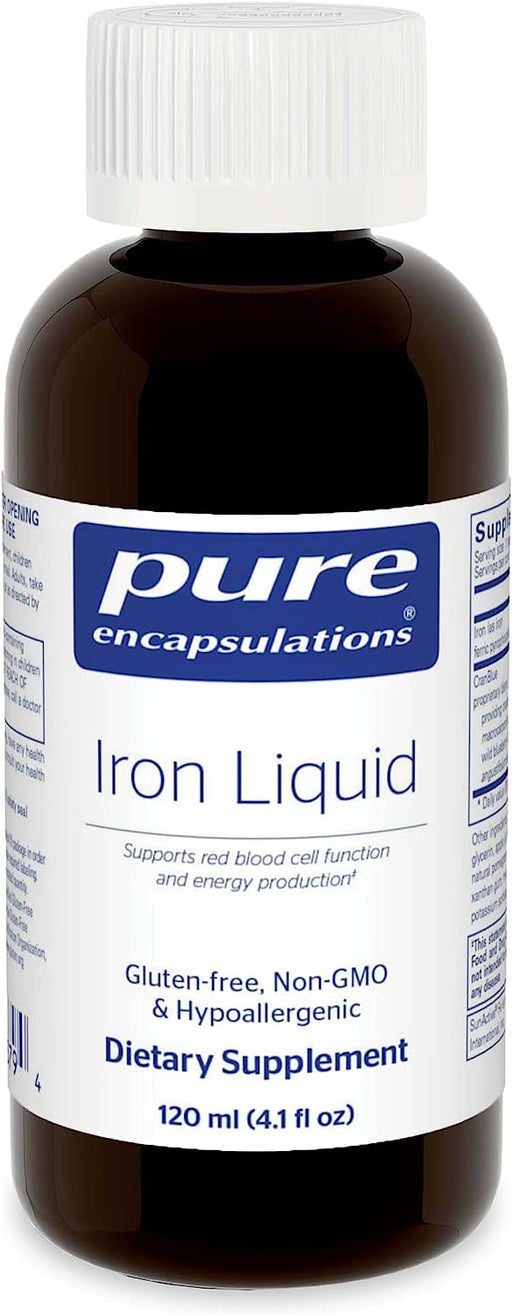 Sale
Sale
Iron liquid 120 ml by Pure Encapsulations
Pure Encapsulations$36.80| /Iron liquid 120 ml Great-tasting liquid iron formula to support hemoglobin and myoglobin function. The body requires a number of essential vitamins...
View full details$36.80| /Sale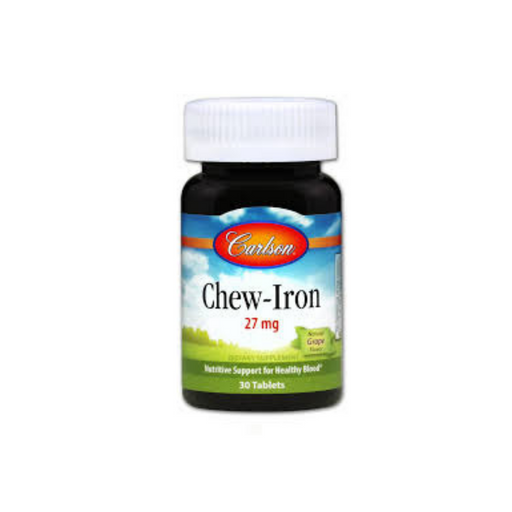 Sold out
Sold out
Chew-Iron Natural Grape Flavor 27 mg 30 tablets by Carlson Labs
Carlson Labs$6.90| /Chew-Iron Natural Grape Flavor 27 mg 30 tabletsChelated TastyGrape FlavorSuggested Use:For adults & children over age 4 years: Chew one tablet ...
View full details$6.90| /Sold out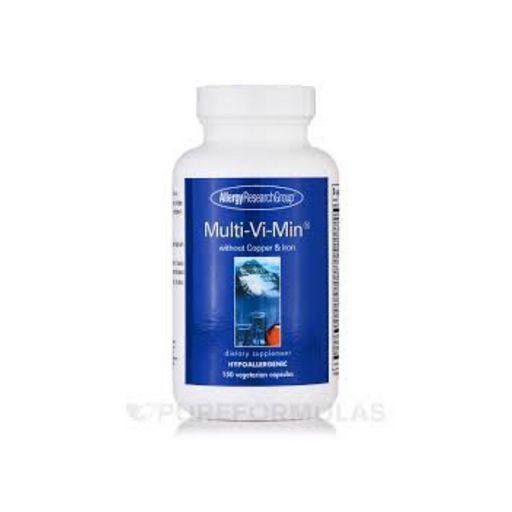 Sale
Sale
Multi-Vi-Min without Copper & Iron 150 vegetarian capsules by Allergy Research Group
Allergy Research Group$30.99| /Multi-Vi-Min without Copper & Iron 150 vegetarian capsulesSame as formula as Multi-Vi-Min®, except includes vitamin C and excludes copper and ...
View full details$30.99| /Sale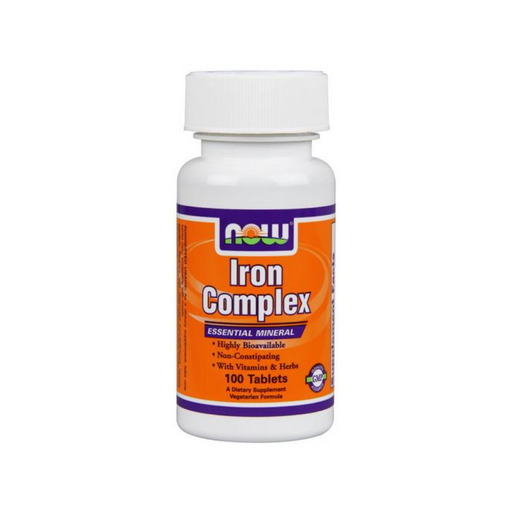 Sale
Sale
Iron Complex 100 tablets by NOW Foods
NOW Foods$11.99| /Iron Complex 100 tabletsNoW Iron Complex 100 Tablets - We utilize the superior Albion Labs patented. Ferrochel Iron chelate which research has demo...
View full details$11.99| /SaleSort byFrequently Asked Questions
Iron supplements can help you feel your best and fight fatigue. Find the best iron supplement to improve your health.
Do You Need Iron Supplements?
Iron supplements are recommended for pregnant women to help prevent anemia. However, they can also help women who suffer from heavy menstrual periods and those with kidney disease. Iron supplements are a great way to ensure you're getting enough iron, especially if you aren't getting it from your diet.
Common signs of iron deficiency include fatigue, paleness, and dry and damaged hair and skin. Iron benefits those with anemia and those who are pregnant. If your diet is low in iron or any other vitamins and minerals or you're pregnant, your doctor might recommend an iron supplement along with other prenatal vitamins. Low iron levels can cause anemia and cardiovascular problems, so doctors might also recommend cardiovascular support supplements. However, if your iron levels are perfectly normal, there's no reason to add more iron to your diet.When to Take Iron Supplements?
Adults should take iron vitamin supplements should be taken on an empty stomach with a full glass of water or one to two hours before or after meals. Taking iron pills can cause digestive problems, including stomach pain or nausea, so some people might prefer to take their supplement with food or immediately after eating. Adults should not consume more than 45 mg of iron a day unless being treated by their doctor. Iron overdose can be toxic in children who have low needs for iron compared to healthy adults.
Iron vitamins are available in different forms, including pills, tablets, and gel caps, based on your preferences. Of course, consult your doctor before taking iron supplements so you can get tested for an iron deficiency.Are There Side Effects to Iron Supplements?
Iron supplements can be helpful to pregnant women and those who are not getting enough iron in their regular diets, but you don't need to take iron if you have healthy levels. Taking too much iron can make you feel sick, so it's always best to take them as advised by a doctor. Your dosage may vary depending on your iron levels. Common side effects of iron vitamins include:
- Constipation
- Upset stomach, including bloating, diarrhea, and nausea
- Heartburn
Invalid PasswordEnterAdded to your cart:
** total_quantity ** | ** unit_price ** / ** unit_measure **- (-)
Cart subtotal



















